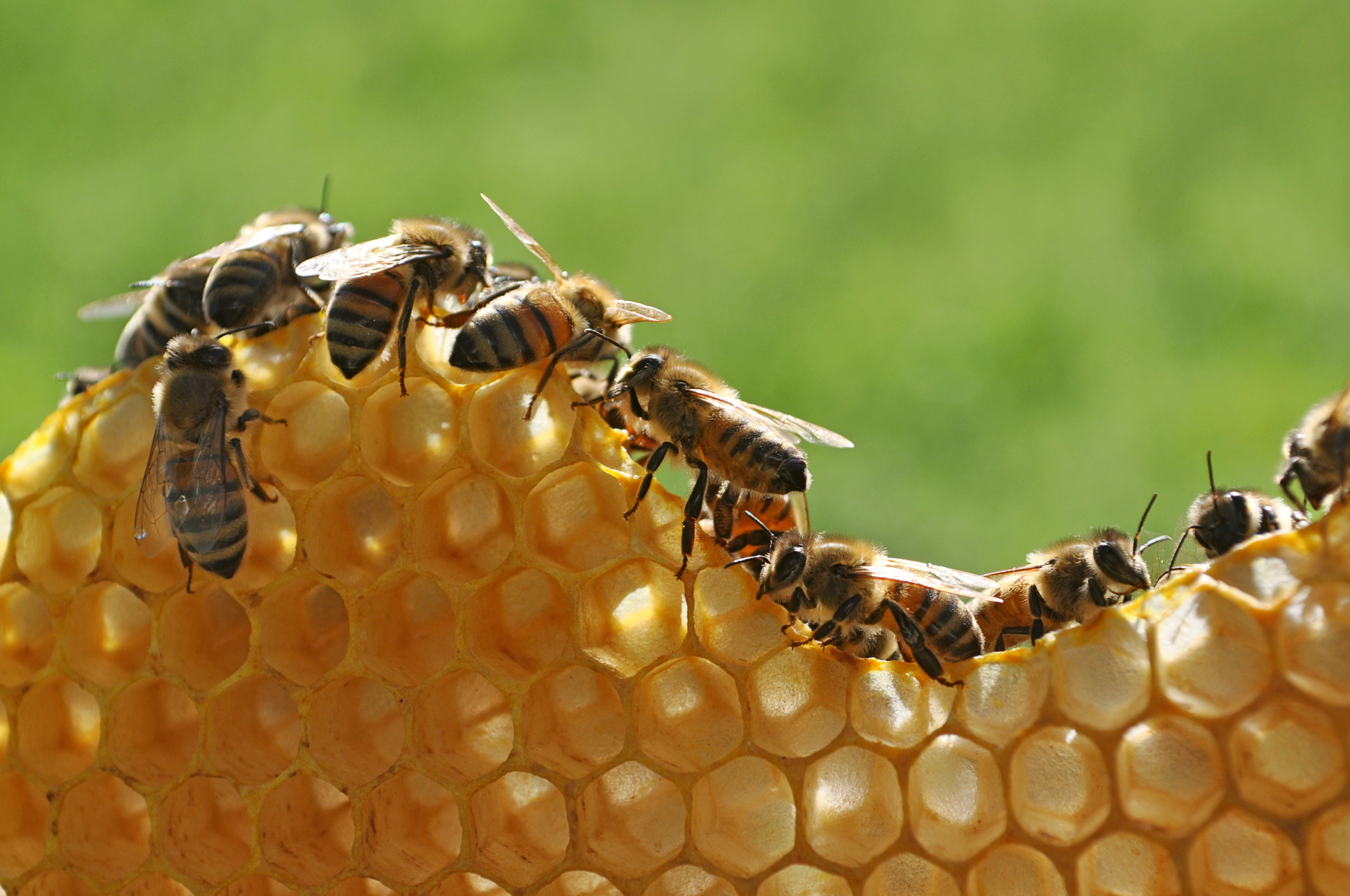Sign up for The Media Today, CJR’s daily newsletter.
Spring is here, and soon the chirping of migrating birds will be joined by the buzzing of bees. What better time to talk about the phrase “hive off”?
Don’t be surprised or disappointed if you haven’t heard of the term. But what does it mean? See if you can figure it out from these examples.
ICYMI: The difference between protest and dissent
From India: “Reliance Jio Infocomm (Jio) has got a nod from the National Company Law Tribunal to hive off its fibre and tower businesses into two separate units.”
From South Africa: “South African hotelier and casino operator Tsogo Sun said on Friday it will proceed with its plan to hive off and separately list its hotel business.”
From Ireland: “The original grounds were hived off in the 1990s when developer Paddy Kelly, purchased Rockville and substantially developed new homes at the rear of the property.”
From Australia: “New York-based hedge fund Snow Park is actively pushing for aged care group Japara to hive off as much as $400 million in property assets.”
From The New York Times: “Even as Europe now struggles to forge a common policy toward China’s economic advance, Beijing has managed to hive off deal after deal in Europe.”
Okay, it has something to do with separation.
To understand it better, let’s talk a little about beekeeping. Each hive can have only one queen. When a hive gets overcrowded, the worker bees start to create new queens, so the original queen usually takes off with a bunch of the bees and starts her own hive elsewhere.
That sounds a lot like “hiving off,” with one hitch: Beekeepers don’t use the term.
As the above examples indicate, it is chiefly British. Merriam-Webster describes it thusly: “to break away from or as if from a group : become separate.” As an intransitive verb, it means “to remove from a group” or “to assign (assets, responsibilities, etc.) to another.”
Being a British term, you might expect a lot of news articles to mention that Britain is trying to “hive off” from the European Union, or Brexit. Except that they don’t: “Hive off” is used primarily in a business sense, akin to what we mean when we say “spin off.”
The Times, though, was using it to mean that China grabbed for itself many deals in Europe. That’s an unusual usage.
The Oxford English Dictionary has another explanation for “hive off”: “To swarm off like bees.”
Here’s another tenuous connection to spring: The person first known to have used the expression “hive off” was Frederick Law Olmsted, one of the designers of Central Park, where the bees are returning. Before he became a park designer, Olmsted traveled the South, writing about slavery under the byline “Yeoman” in The New York Times. In a collection of his writings published in 1856, Journey in the Seaboard Slave States, with Remarks on Their Economy, Olmsted described the crowd at a slave auction. As one auction ended with no sales, he wrote, someone else called to the crowd: “‘This way gentlemen—this way!’ was heard from a voice outside, and the company immediately hived off to the second establishment.”
He was using it in the sense of “swarm off like bees.” By the early 20th century, though, that usage was all but dead, and “hive off” meant to split or separate.
There’s a third definition for “hive off”: “withdraw (money) and move into a different location, often secretly and with dishonest intentions.” That one is seems even rarer today than the swarming sense; the only recent one we could find was about moving drugs, not money: “Corrupt employees can also hive off medicines from the legitimate supply chain to chemists, clinics or hospitals.”
“Hive off” is unusual enough that it doesn’t appear in Webster’s New World College Dictionary, the one favored by the Associated Press and many news outlets, though it is in other American dictionaries. That means journalists in the United States should use it sparingly, if at all.
That’s a real buzzkill.
ICYMI: How we got the terms postlude, prelude, and interlude
Has America ever needed a media defender more than now? Help us by joining CJR today.



